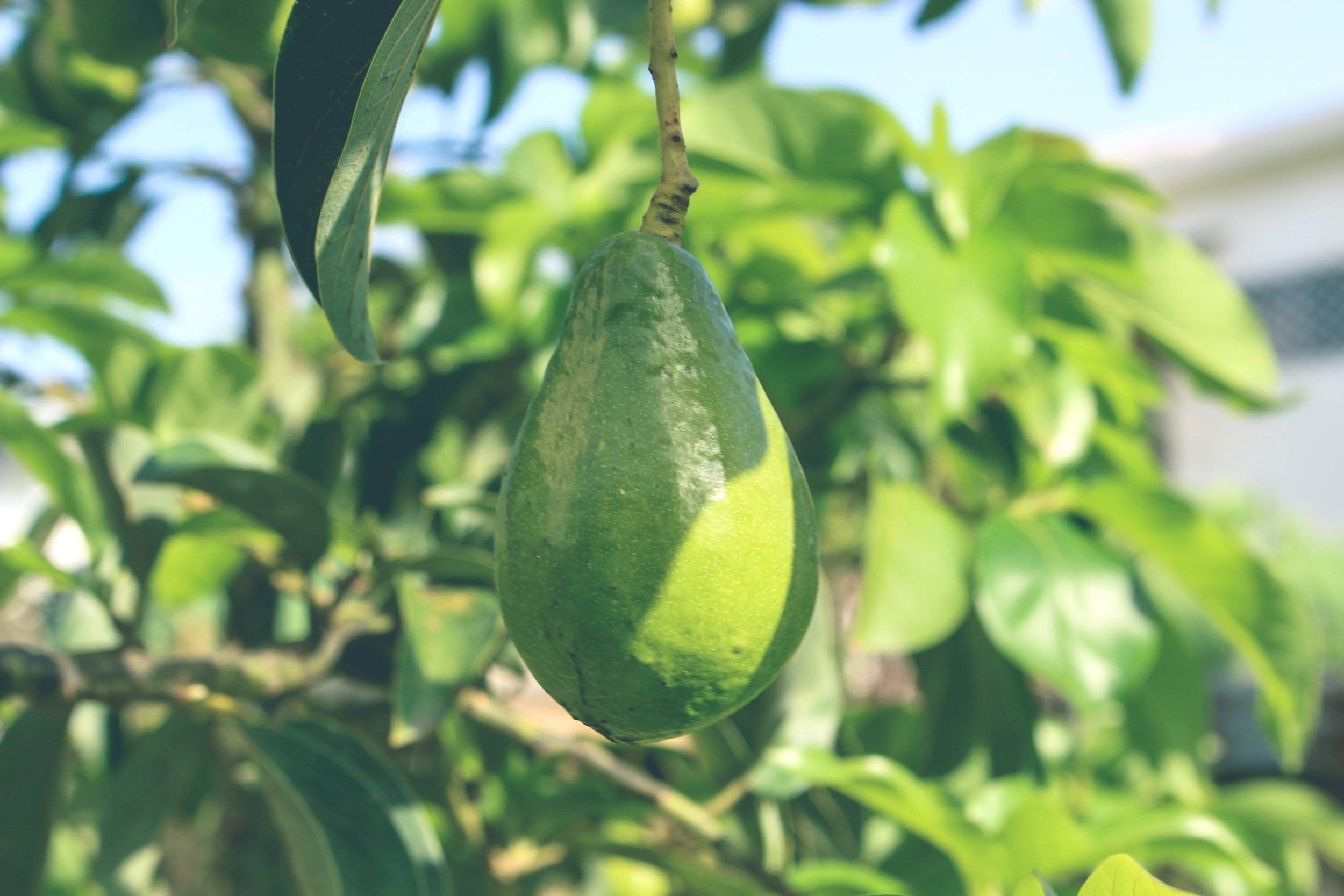
Transition Intelligence for Avocado Production
Challenge
In this project we landed near Catania on the Etna slopes – Sicily, Italy – to assess how climate change will impact an innovative avocado plantation. In the last decade, shifts in climatic patterns in terms of precipitation and extreme weather events affected agricultural production in the region, increasing uncertainty and risks for local farms.
Approach
Utilizing a mix of assessment tools – including satellites images, regional climatic models, downscaling, local data gathering surveys and farmer interviews – we have been able to produce a comprehensive and integrated analysis of the climate change impacts. Moreover, the array of assessment techniques belonging to both bottom-up and top-down approaches increased our analysis soundness and enhanced our modelling integration.
Insights
Avocados are deemed in different studies particularly sensitive to climate change especially in relation to decreasing water availability and to storms and hail events when the fruits are hanging on the trees.
Under three different scenarios – Sustainable development, Middle-of-the-road, Business-as-usual – the physical impacts of climate change had impacted the activity’s performance in different ways. For example, the analysis had shown both gains in trees productivity due to more suitable growing conditions, but also increasing risks from exacerbated extreme weather events which could severely impact the avocado harvest – depending on the scenario of reference. In this regard the analysis had shown that the revenue structure of the farm could suffer from the expected changes in the climatic patterns.
In assessing the impact of transition risks, which mainly impact the cost structure of the farm, we found the activity to be well equipped against future market, regulatory and behavioural trends. Indeed, the already established environmentally friendly practices in the field and the farmer’s great interest in sustainable agriculture played a pivotal role in the analysis and have been positively considered in our assessment.
For example future carbon pricing and stricter environmental regulations will impact the activity just marginally. Furthermore, benefits have been detected in relation to transition dynamics involving carbon farming, biodiversity protection measures and the increasing consumers’ interest in organic and climate friendly agricultural products. In particular, the new CAP reforms will likely introduce subsidies for and support sustainable and organic agriculture rewarding first movers as the Sicilian farm we analysed.
Recommended actions
Overall, we believe that the activity will increase its financial attractiveness in the coming years especially if we – as a society – undertake a low emission pathway and if additional mitigation practices will be implemented on the farm.
In this regard, our assessment had shown that measures as implementation of additional agroforestry practices, use of drip irrigation and intercropping would be the most beneficial for the farm.
